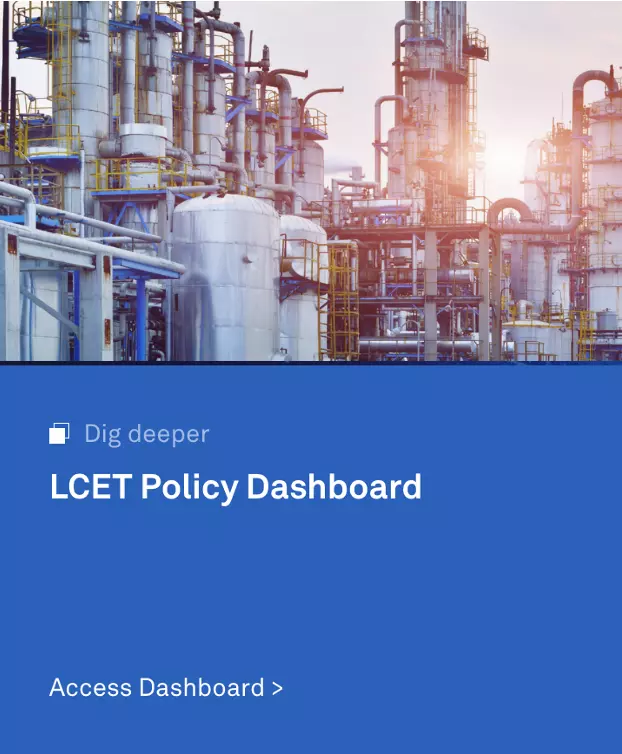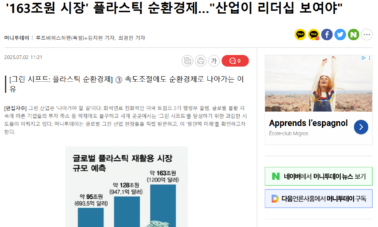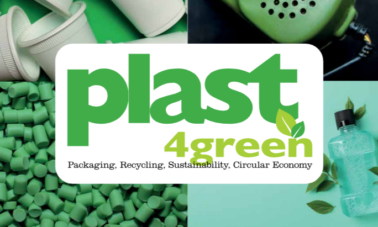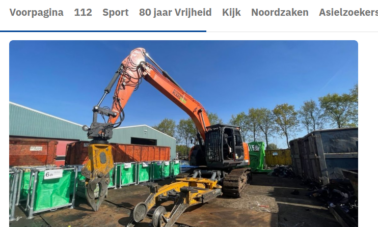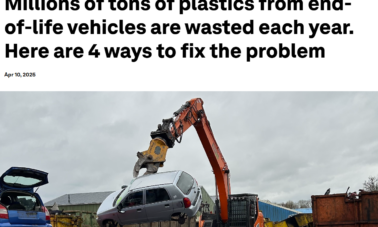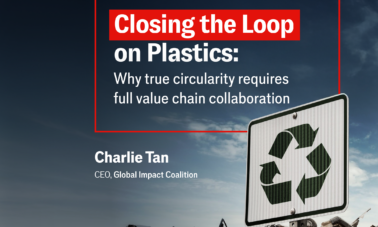The chemical industry provides essential materials, technologies and components to all goods-producing industrial sectors and as such has a vital role in the transition towards a global net-zero society. Low-carbon emitting technologies (LCETs) are essential building blocks in this net-zero endeavour. While LCETs offer significant decarbonization opportunities, they face various challenges and depend strongly on favourable policy environments.
The Low-Carbon Emitting Technology Initiative conducted a comprehensive policy analysis of seven jurisdictions covering about 50% of global greenhouse gas emissions across five key LCETs. This white paper reveals insights about existing policy support affecting the deployment and upscaling of LCETs and should assist industry and policy-makers in the continued development of a decarbonization-promoting policy landscape.
Dig deeper: LCET policy dashboard
We developed an interactive LCET policy dashboard, which is- to the best of our knowledge- unique in this field.
The dashboard gives an in-depth overview of the current policy landscape across seven jurisdictions and five key LCETs.
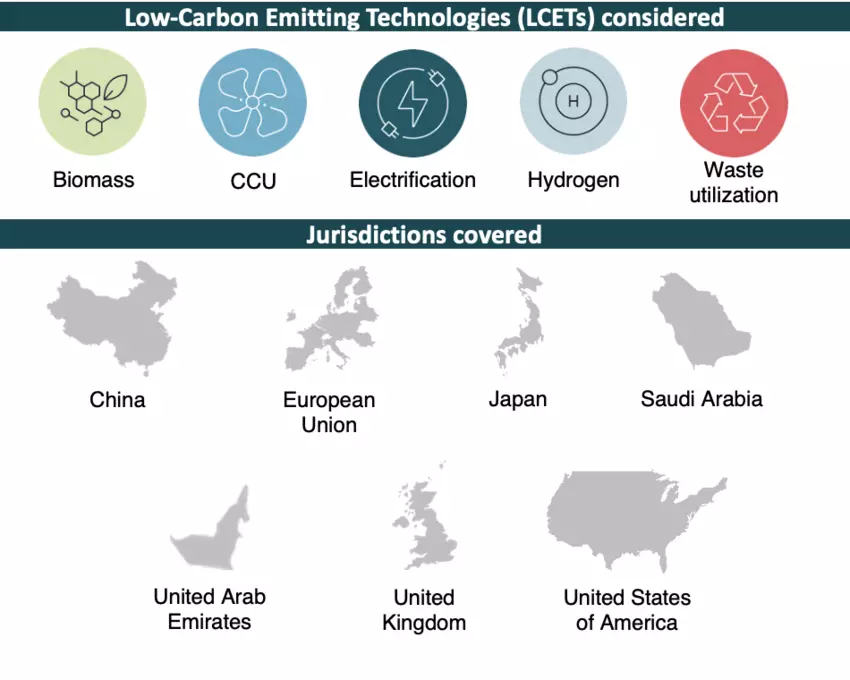
By using this dashboard, you can deep-dive into the analysis and learn more about how six policy clusters and underlying seventeen policy arias in each of the covered jurisdictions support the development and upscaling of LCETs.
We hope that the LCET Policy Dashboard will find many interested users from industry, governments, civil society and academia thereby supporting:
- Industry decision-making towards real-life decarbonization projects
- Policy development by policymakers
- Public-private dialogue for net-zero emissions
- Further policy analysis
Methodology
Qualitative and quantitative data was gathered through research and more than 20 expert interviews. The data was made comparable and assessed by a bespoke policy model based on an assessment matrix (structured questioner) with a set of more than 80 questions across six policy clusters. The results drawn from this model are summarized in the whitepaper.
For those wanting to find out more about the primary data and additional insights on the policy clusters and underlaying policy arias, you can do so by exploring the LCET Policy Dashboard.
High-level overview of policy support for LCETs
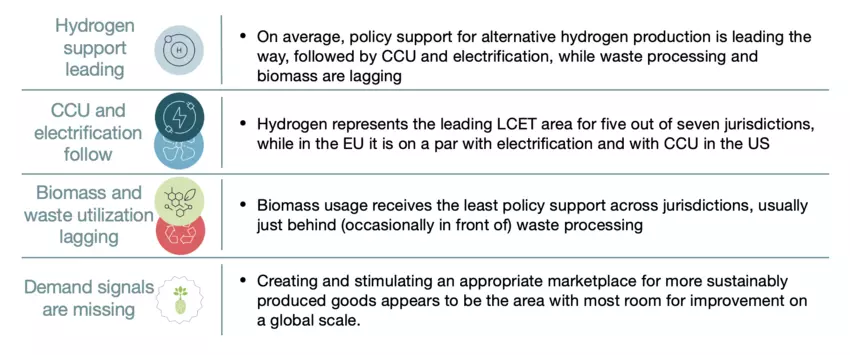
Emerging policy topics

Looking ahead
As the organization for public-private cooperation and host of the industry-led Low Carbon Emitting Technologies Initiative, the World Economic Forum is uniquely positioned to strengthen collaboration between government actors and the chemical industry. Cultivating synergies between these stakeholders can promote the development and upscaling of LCETs as real decarbonization solutions for multiple value-chains.

